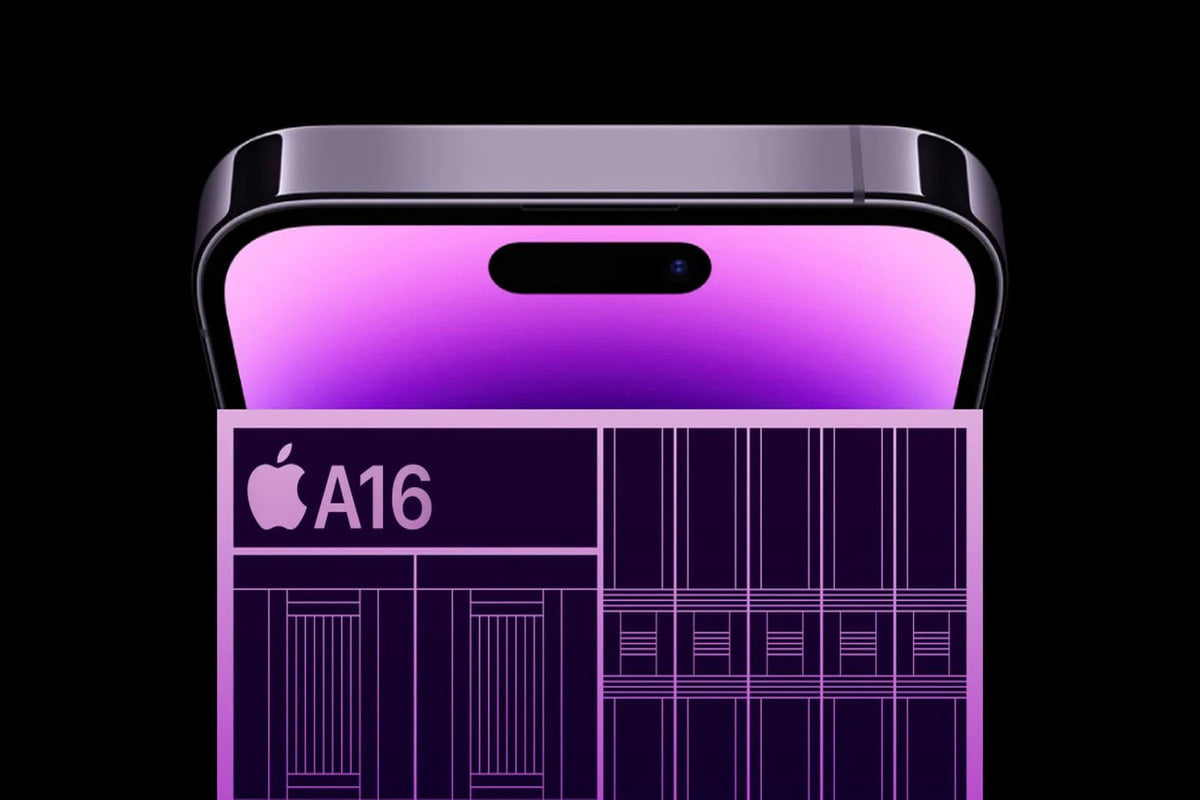
At the Snapdragon Tech Summit on Wednesday, the Snapdragon 8 Gen 2 SoC was introduced. According to Qualcomm, this most recent flagship platform uses 40% less energy than the Snapdragon 8 Gen 1 SoC, which it replaces. Before the end of 2022, it's anticipated that this chipset will be used in smartphones. The Apple A16 Bionic CPU, which powers the iPhone 14 Pro and iPhone 14 Pro Max models, might be more powerful than the Snapdragon 8 Gen 2 SoC, it seems.
Apple iPhone 14 Pro A16 Bionic vs Snapdragon 8 Gen 2
The A16 Bionic chipset found in the Apple iPhone 14 Pro model outperformed the next-generation Snapdragon 8 Gen 2 when compared to early GeekBench benchmark results. In the single core test, the Snapdragon SoC received 1483 points, while in the multi core test, it received 4709 points, according to the artificial benchmarks. The A16 Bionic processor, meanwhile, received results for the same tests of 1874 and 5372 points.
The new 8 Gen 2 chipset offers many improvements than just increased performance. It's important to remember that benchmarks don't always represent superior user experiences or real-world performance. However, it does demonstrate how competitive the market is today and how capable Apple's CPUs are.
It is evident that the Cupertino-based company's latest CPUs continue to outperform their Android equivalents. Interestingly, the last generation of iPhone CPUs, the A15 Bionic, managed to surpass the Snapdragon 8 Gen 2 with a score of 1709 points in the single core tests. One could question Qualcomm's assertion that the Snapdragon 8 Gen 2 will revolutionise “the landscape of flagship smartphones in 2023.”
But it is also unfair to the new Snapdragon flagship chip we are talking about. Qualcomm had said that this chip is bound to deliver great performance with AI. So this is something that can make a difference when things come to testing overall experience. The Snapdragon 8 Gen 2 SoC would be seen on many flagship smartphones in the coming months.
















